
Monya De
Medicine and Science

Medicine and Science
Monya De, MD MPH is an alumna of Stanford University. She graduated with distinction from UC-Irvine School of Medicine and was named the nation's top medical student in the communication of science by the American Medical Association.
Her interests include health policy, technology, and media. She has been a reporter for the ABC News Medical Unit, a commentator for the television show "Hopkins," and a script consultant for shows including Harry's Law, The Ghost Whisperer, Brothers and Sisters, House, and The Firm. She practices wellness-focused internal medicine in Los Angeles.
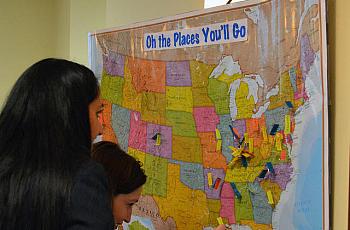
There is a national shortage of physicians with residency training. New training slots at places such as Martin Luther King Jr. Community Hospital in LA are making a small dent.

For many doctors, electronic medical record systems are a soul-killing daily exercise in frustration. Can Google's speech recognition powers solve the problem and improve the patient experience?

This Silicon Valley response to medical care should make large health systems squirm and might force them to modernize in response to this new challenge.
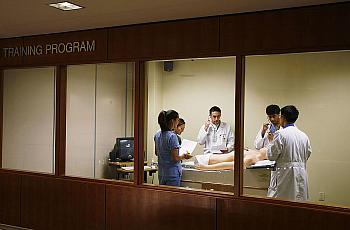
At least 400 U.S. doctors commit suicide every year, a higher rate than in the general population. For this tragic fact to change, medical schools and hospitals will need to undergo a cultural revolution.
![[Photo by Emilio Labrador via Flickr.]](/sites/default/files/styles/teaser_list_thumbnail/public/title_images/unnamed_90.jpg?itok=i02MsnxJ)
While the country's demographics signal a rapidly growing number of seniors, geriatricians are in short supply. Many hospitals don't even have a geriatrician on call to consult on tricky medical decisions or prescribing plans.
![[Photo by Joe Raedle/Getty Images]](/sites/default/files/styles/teaser_list_thumbnail/public/title_images/unnamed_75.jpg?itok=7IMcX03b)
Can you imagine a lawyer stopping in the middle of a divorce deposition to type up everything that was just said? Why then do we ask doctors to do such rote tasks?
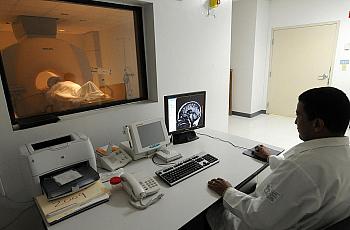
Need a Saturday scan? MRIs are much harder to come by on weekends at many hospitals. How can that still be in today's on-demand economy?
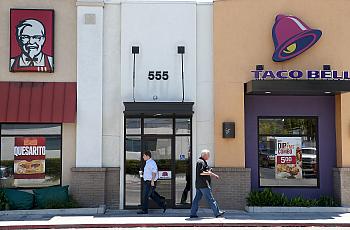
Whether it's Taco Bell’s Naked Chicken Chalupa or the Flamin' Hot Cheeto Bagel, media coverage of stunt foods “only normalizes extreme levels of salt and sugar in food and alters our taste buds to promote addiction,” argues Dr. Monya De.
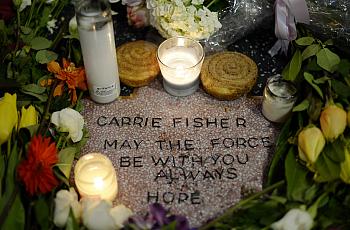
After Reynolds' death, the media gathered around the idea of “broken heart syndrome.” Who called up neurologists to ask how to recognize or prevent a stroke? Practically no one.
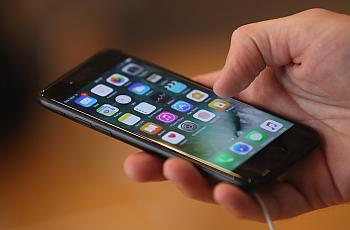
A number of startups and older companies are developing new apps and services that aim to make patient check-in and gathering medical histories faster and easier.